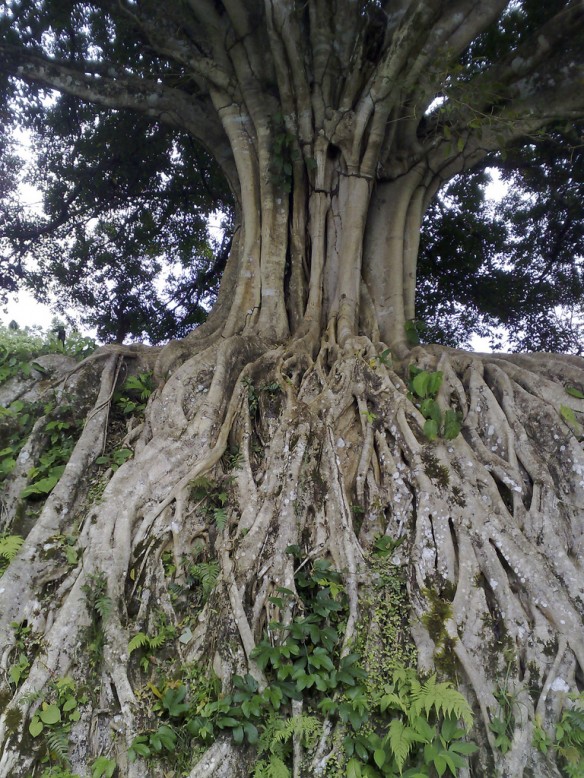父母呼,應勿緩,父母命,行勿懶。
父母教,須敬聽,父母責,須順承。When my parents call me, answer immediately.
When they give instructions, carry them out, don’t drag my feet.
When they give advice, listen respectfully.
When they scold me, accept it with gratitude.– Standard for Students [Note: translation is a bit different than the one provided by the link —I think filiality looks different in 21st century America than it did 2000 years ago in China, but the spirit is the same.]
[This is the seventh in a series of posts reflecting on how I found myself drawn to monasticism despite (or perhaps because of) my upbringing in the Bay Area and providing insight into how the relatively secular environment in which I grew up prompted me to look deeper into the meaning of life.]
Probably the biggest change I made in myself in relation to my parents was based on the first two verses in the section on filiality in Standard for Students.
Namely, when my parents called for me, I did my best to respond immediately. I didn’t say, “Another 10 minutes!” or “I’ll be right there,” and then go right back to whatever I was doing. Instead, I put down whatever I was doing and did what they asked of me.
“Dinner time!” [I realized later that I could actually help with preparation instead of just expecting dinner to appear in front of me —but the first step was to get there on time.]
“Clean the pool!” [Yes, sir!]
From their perspective, I think they saw that I was really changing into a different person. From my own experience, I began to really appreciate having such caring and good-hearted parents.
Also, when they corrected me, I did not argue back, defend myself, or retreat into a passive-aggressive silence. Instead, I would repeat what they said to make sure I understood their concerns, then ask for feedback and for concrete ways to improve. It wasn’t easy, but I must say the relationship changed drastically.
From their perspective, I think they saw that I was really changing into a different person. From my own experience, I began to really appreciate having such caring and good-hearted parents [see last post].
I took all the energy I was putting into “becoming a monastic” and transferred it into “being a good son.” I did more chores around the house, helped my dad with various projects, and spent more time with my grandpa and grandma. Generally speaking, I tried to be more mindful of my actions and their effect on others.
For instance, I realized that I could defuse a lot of the unhappiness in my family simply by cleaning up the house before my mom got home [even when the mess wasn’t mine] because I knew a messy house upset her. I also began to let my dad know I appreciated all he had given me and I began going for walks with my brother to see how he was doing. [One positive result I attribute to studying religion when I was high school —it inspired me to stop teasing my brother.]
My understanding of everyone deepened, and, as a result, so did my sense of well-being and groundedness.
The changes I made in my behavior changed my relationship with my family completely. My understanding of everyone deepened, and, as a result, so did my sense of well-being and groundedness. I wasn’t a solitary person who had grown up in a secular family in a suburban town in California faced with the impossible task of trying to become a monastic. Now I felt like I was part of a group of people whom I cared about and who cared about me.
Ironically enough, reconnecting with my family roots provided me with the foundation I needed to “leave home.” Before this I often felt like I was clenching tightly onto something [“I want to become a monk no matter what!”], but afterwards I was able to cultivate in a more open and relaxed way.
[Update: I just received the full ordination of a Bhikshu. My parents came on the final day to participate in the transmission of precepts and are quite supportive of my current path. The whole process took about thirteen years but was well worth it. Chinese article link with pictures.]

